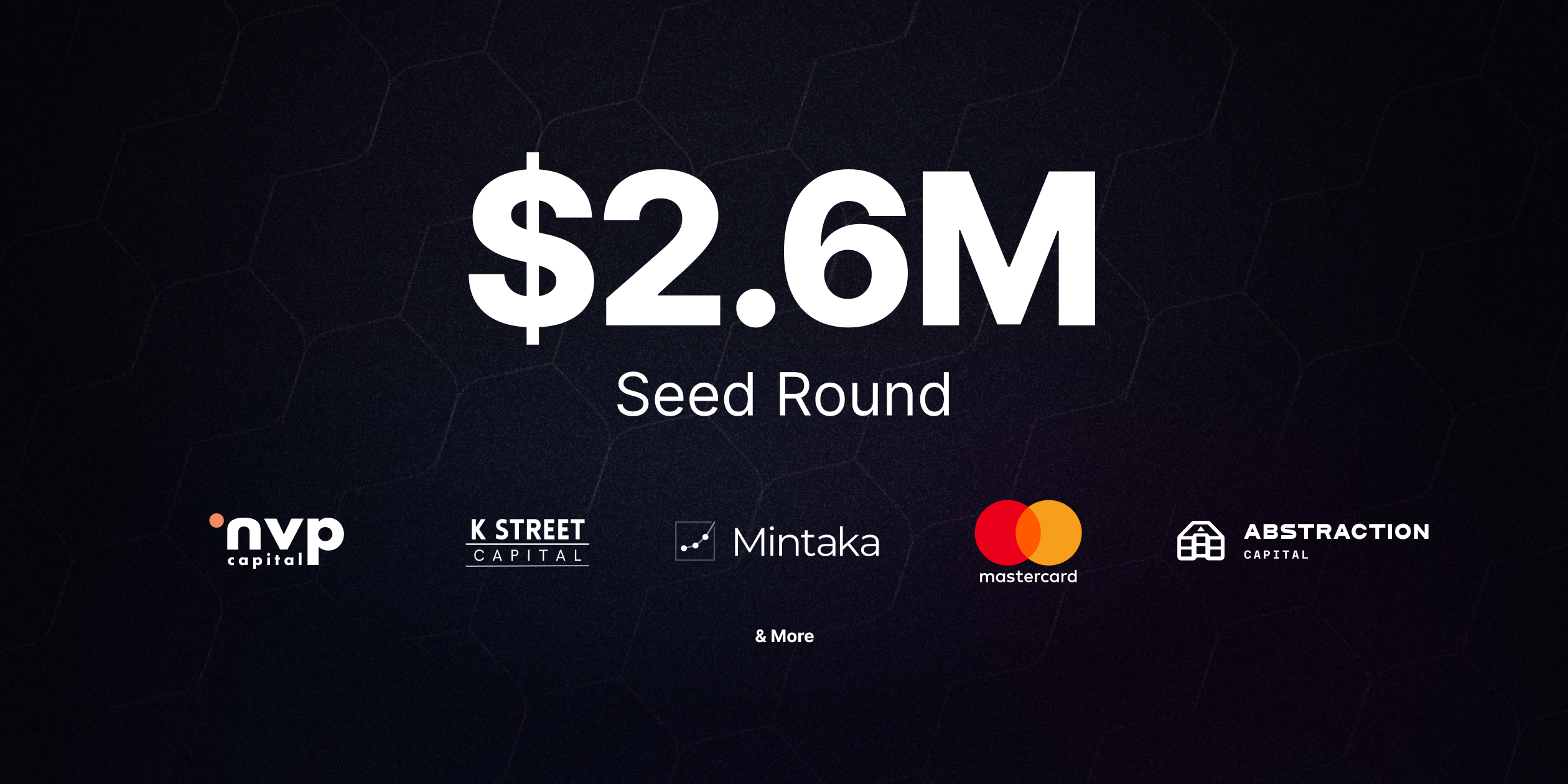
5 Open Banking Use Cases That Are Flying Under the Radar
Open Banking. It's reshaping the financial world, unlocking new possibilities and transforming how we interact with money. But did you know that Open Banking's impact extends far beyond traditional banking services? In fact, it's quietly making waves in industries you might not expect.
Today, we're shining a spotlight on five Open Banking use cases that might not be as widely known, but are quietly revolutionizing their respective sectors. Get ready to discover how this technology is quietly but steadily transforming the way we do business.
Use Case 1: Automated Accounting and Financial Management
Open Banking is transforming the accounting industry by automating tedious and time-consuming tasks. By securely accessing clients' financial data through Open Banking APIs, accountants can instantly import bank statements, reconcile transactions, and categorize expenses, eliminating the need for manual data entry. This not only saves accountants countless hours but also reduces the risk of errors, ensuring more accurate financial reporting.
Beyond automation, Open Banking empowers accountants to provide more valuable insights to their clients. With real-time access to financial data, accountants can generate up-to-the-minute reports, identify cash flow trends, and provide proactive financial advice. This can help businesses make better financial decisions, optimize their operations, and achieve their financial goals.
Use Case 2: Supply Chain Finance
Open Banking is leveling the playing field for small businesses in supply chains. Traditionally, smaller suppliers often struggle to secure the financing they need due to a lack of credit history or collateral. Open Banking is changing that by allowing lenders to access real-time financial data from suppliers.
This data provides a more accurate and comprehensive picture of a supplier's financial health, enabling lenders to make more informed and faster lending decisions. This means small businesses can access the working capital they need to grow and thrive, while buyers can benefit from a more stable and resilient supply chain.
Use Case 3: Insurance Personalization
Open Banking data is the key to a new era of hyper-personalized insurance. Insurers can now analyze your financial transactions to gain insights into your lifestyle, risk profile, and spending habits. This information can then be used to tailor insurance products specifically to your needs.
For example, usage-based car insurance can reward safe driving habits by offering lower premiums, while health insurance plans can incentivize healthy lifestyles with discounts or rewards. The possibilities are endless, and the result is a more customer-centric insurance experience that delivers better value and outcomes.
Use Case 4: Real Estate and Property Management
Open Banking is transforming the rental market. Landlords can now leverage Open Banking data to assess potential tenants' financial stability and rental history, reducing the risk of late payments or evictions. This can lead to a more efficient tenant screening process with less paperwork and faster turnaround times.
But it's not just about risk assessment. Open Banking can also streamline rental payments, making it easier for tenants to pay rent on time and for landlords to manage their finances. This can result in a smoother and more transparent rental experience for everyone involved.
Use Case 5: Sustainability and Impact Investing
Open Banking data is driving a new wave of sustainable and impact investing. By analyzing your financial transactions, investment platforms can gain insights into your values and priorities. They can then match you with investments that align with your ethical and social goals.
Imagine investing in companies that are actively reducing their carbon footprint, promoting diversity and inclusion, or supporting local communities. Open Banking is making it easier than ever to invest in a way that reflects your values and makes a positive impact on the world.
A Catalyst for Innovation Across Industries
Open Banking is not just about disrupting traditional banking—it's about unlocking a universe of possibilities across industries. As we've explored, its transformative potential reaches far beyond smart budgeting and financial management, extending into supply chain finance, insurance personalization, real estate, and even impact investing. The examples outlined here are just the tip of the iceberg.
The future of Open Banking is bright. As the technology continues to evolve and mature, we can expect to see even more innovative and unexpected use cases emerge. This is not just a trend; it's a fundamental shift in the way we interact with and utilize financial data. Those who seize this opportunity stand to reap the rewards of a more connected, efficient, and customer-centric future.




